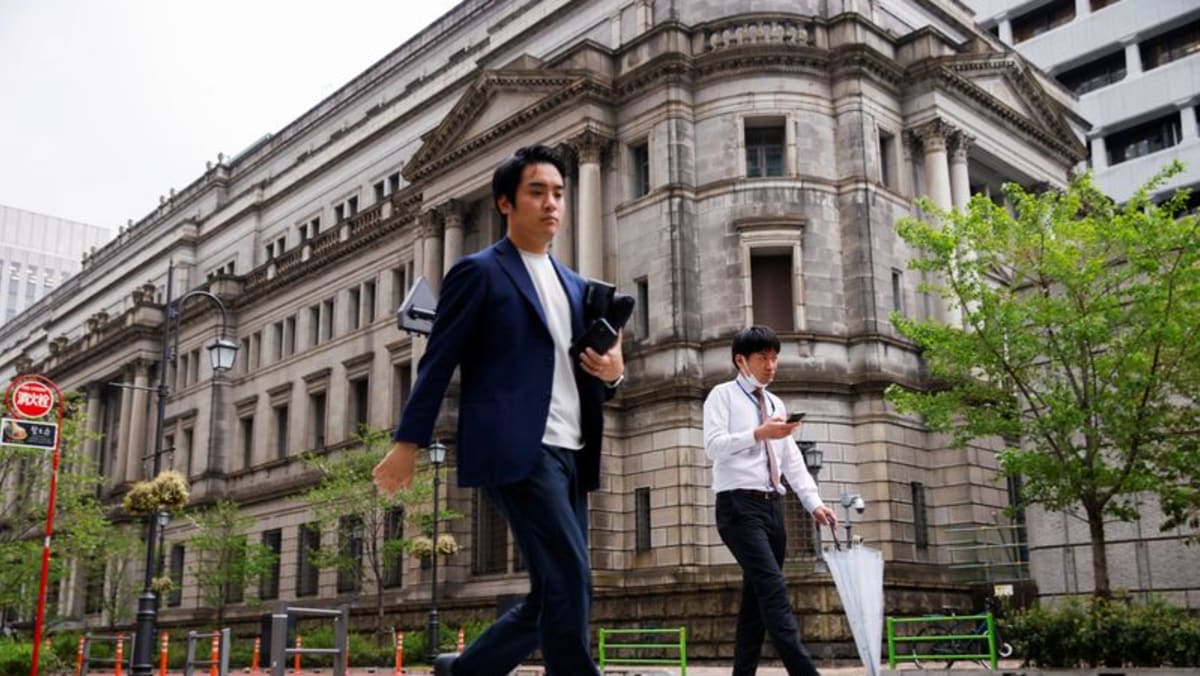TOKYO : The Bank of Japan may raise interest rates in March if U.S. President Donald Trump pushes through on his tariff threats and adds to already mounting domestic inflationary pressures, former central bank board member Sayuri Shirai said on Friday.
While Trump’s threatened new tariffs on imports from Canada and Mexico were postponed for a month at the beginning of February, a 10 per cent levy on all Chinese imports has been imposed. Trump may also threaten or slap tariffs on European goods which, combined, could push up inflation across the globe, Shirai said.
“The BOJ is probably keeping a close eye on the tariff developments. March would be a good opportunity to raise rates again” as domestic inflation is already quite high, Shirai told Reuters in an interview.
A majority of economists polled by Reuters expect the BOJ to hike rates once more this year, most probably during the third quarter, to 0.75 per cent, though money markets suggest investors are betting on a near-70 per cent possibility of two more hikes this year. None of those polled expected the BOJ to raise interest rates at the March 18-19 meeting.
While Japan’s broader economy remains weak, the central bank must keep raising interest rates to counter the weak yen as it is among major factors driving up food and energy prices, said Shirai, who is now a professor at Japan’s Keio University.
“What Japan is facing is typical cost-push inflation driven in large part by a weak yen,” she said. “If the weak yen is accelerating inflation and becoming a major problem for Japan’s economy, the BOJ should say so and keep raising rates.”
While the yen has bounced back from a three-decade trough near 162 hit in July last year, many analysts see the currency as still under-valued and causing more harm than good to the economy by pushing up import costs. The yen was around 150 to the dollar on Friday.
The BOJ exited a decade-long, massive monetary stimulus last year and raised its short-term interest rate to 0.5 per cent from 0.25 per cent in January, reflecting its conviction that Japan was making progress in sustainably achieving its inflation target of 2 per cent.
Governor Kazuo Ueda has signalled his readiness to keep raising rates if wages continue to increase and underpin consumption, thereby allowing firms to keep hiking pay.
If the BOJ were to raise rates in March to 0.75 per cent, it could hike again to 1.0 per cent later this year depending on how Trump’s tariffs affect yen moves, Shirai said.
“There’s a possibility the BOJ could hike rates to 1 per cent by the end of this year, though there’s a lot of uncertainty surrounding the fallout from Trump’s policies,” she said.
“BOJ policymakers probably want to hike rates when they can, so they have scope to cut them in times of economic difficulty,” Shirai said.
Governor Ueda has said the yen’s weakness could accelerate inflation by pushing up import costs. But the BOJ has never said its rate hikes are directly aimed at propping up the yen, as doing so could draw complaints from its G20 counterparts as currency manipulation.
But Shirai said a long-held agreement among G7 and G20 nations to refrain from using monetary policy to influence currency rates is aimed at preventing countries from devaluing their currencies to gain a competitive trade advantage.
“I don’t think any country will complain about Japan trying to stop excessive yen declines” through rate hikes, she said.
